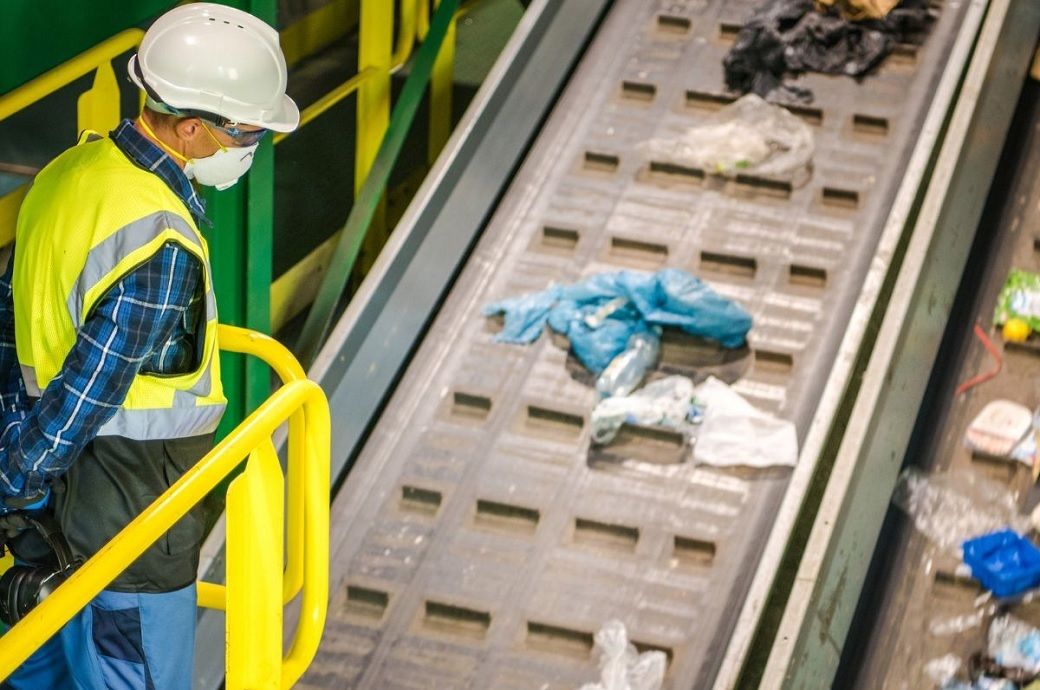
The signatories emphasise the importance of consistency to maximise efficacy, encouraging the ongoing conversations and progress toward developing EPR schemes for waste textiles to avoid loopholes that could keep the status quo in place. They further asked all relevant operators to participate and new rules to be applied consistently, the three entities said in a joint press release.
The WFD revision offers a unique opportunity for greater harmonisation across the EU and improved sector competitiveness, particularly as the textile sorting and recycling industry faces global challenges like the war in Ukraine, logistical issues in Africa, and the rise of ultra-fast fashion, leading to oversupply and financial pressure on waste management operations. “To address these, we urge a swift agreement on the proposed AFD revision and effective EPR scheme implementation,” the release said.
The request made by these entities include ensuring full accountability and a level playing field for all relevant stakeholders in the EPR scheme, establishing concrete targets for waste prevention, collection, reuse, and recycling, defining clear end-of-waste criteria, and distinguishing between 'used' and 'waste' textiles. The release further said that it is crucial to move quickly in the negotiations to manage growing waste before mandatory collection starts in January 2025, and to implement rigorous monitoring of EPR schemes.
FEAD, EuRIC Textiles and Decathlon urge trilogue negotiators to consider these requests and swiftly agree on the proposed targeted revision of the WFD, establishing well-functioning EPR schemes that incentivise investments in infrastructure and enhance traceability of discarded textiles. “We remain committed to collaborating with policymakers to achieve Europe’s climate neutrality goals and advance sustainability and circularity in the textiles sector,” it added.
“From the 5 million tonnes of clothing that is discarded each year in the European Union (EU), only 1 per cent is recycled back into new clothing, this means that textile recycling is an environmental imperative and an economic opportunity, for which industry and policy makers must work together to improve the status quo,” affirmed Claudia Mensi, president of FEAD.
“Today, the priority is not just improving and scaling up textile sorting and recycling in Europe but also protecting and sustaining exiting infrastructure. European companies, vital to making circularity a reality, urgently need support, and efficient EPR schemes are critical to achieving this,” said Julia Ettinger, secretary general at EuRIC’s.
“With the Waste Framework Directive revision, European policymakers have a unique opportunity to boost the development of an innovative and efficient textile waste industry. All actors in the textile ecosystem must work together to close the loop and go circular; smartly designed extended producer responsibility schemes can help us achieve this goal,” said Emilie Mauffet, Decathlon’s sustainability director.
Fibre2Fashion News Desk (SG)